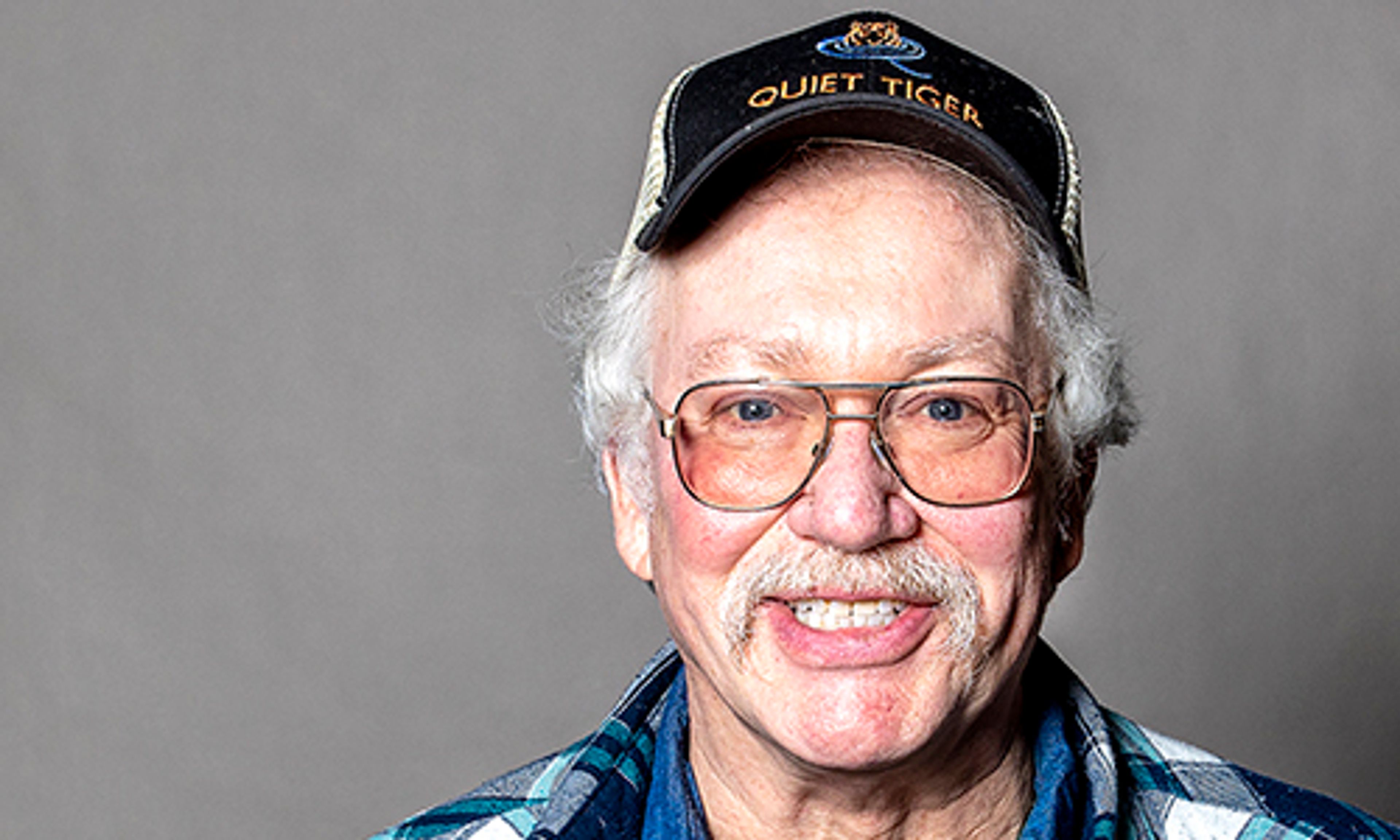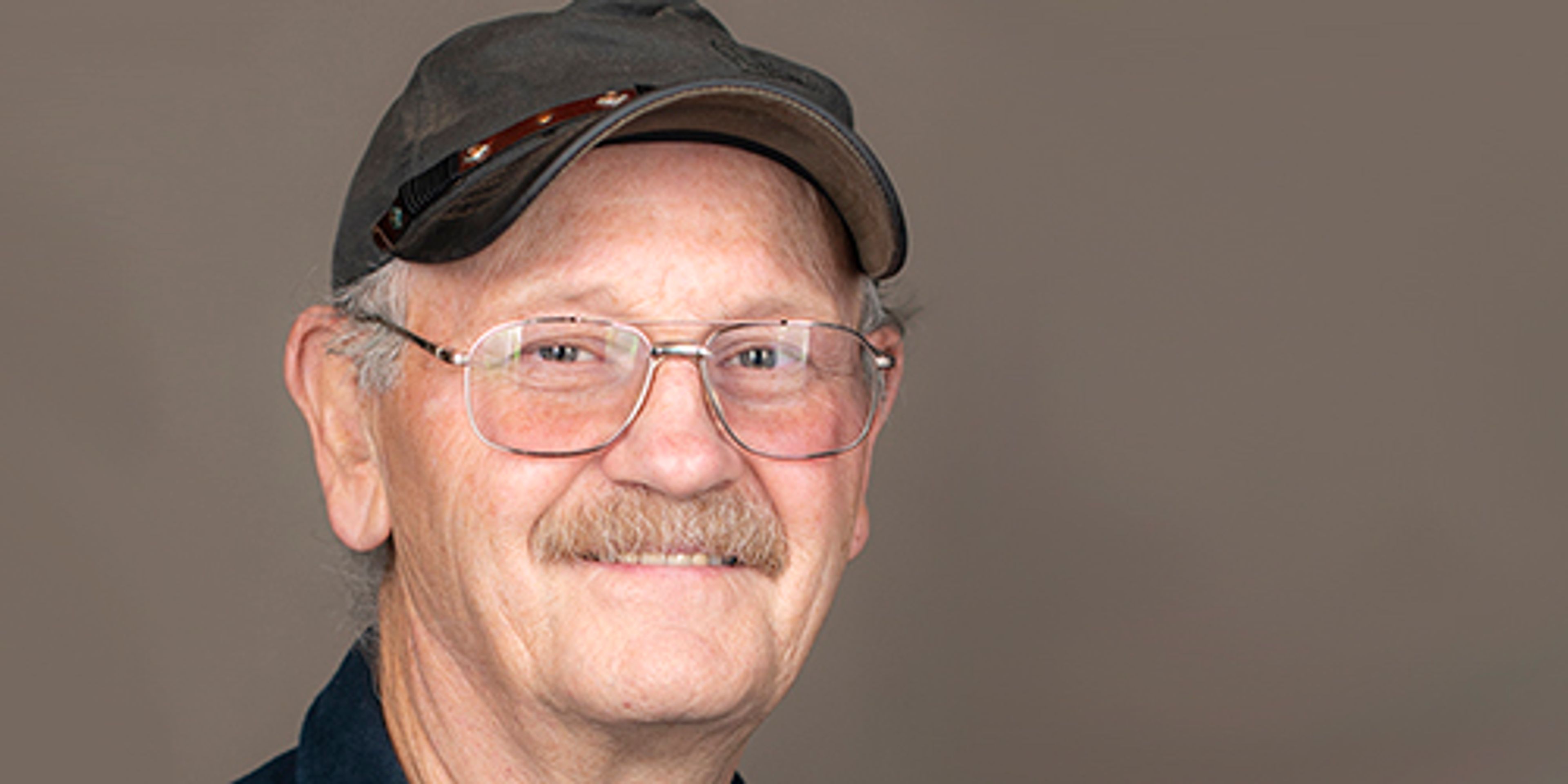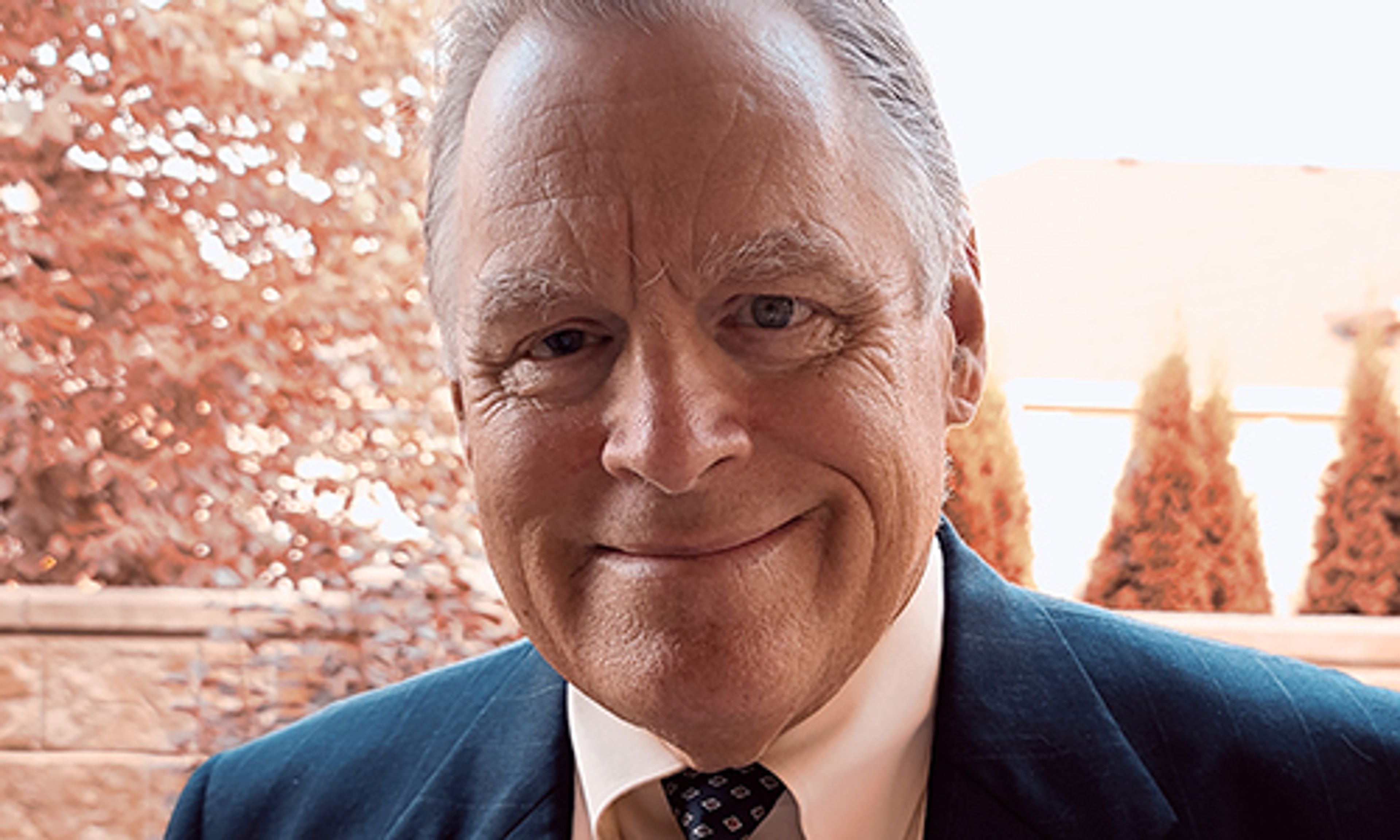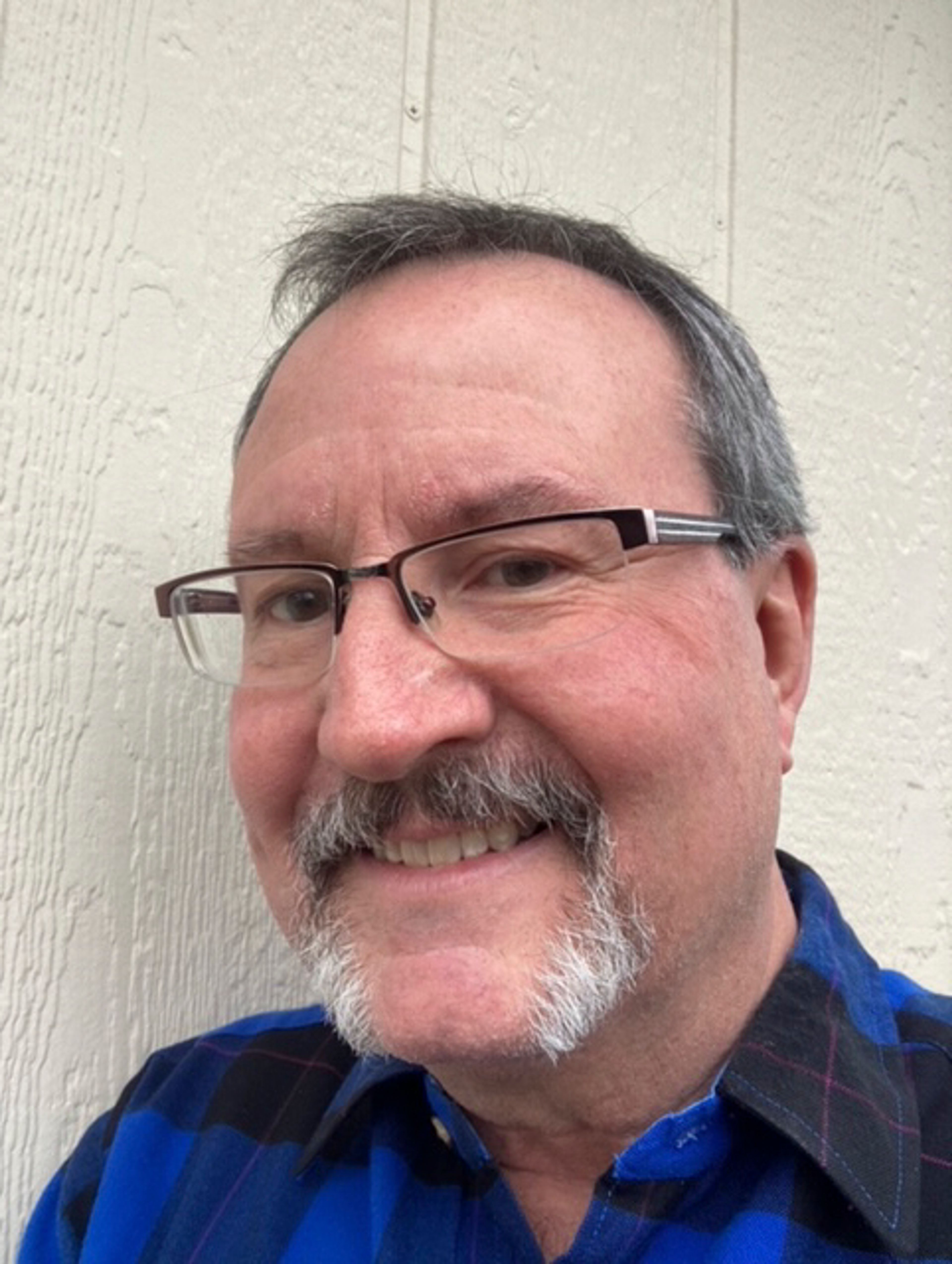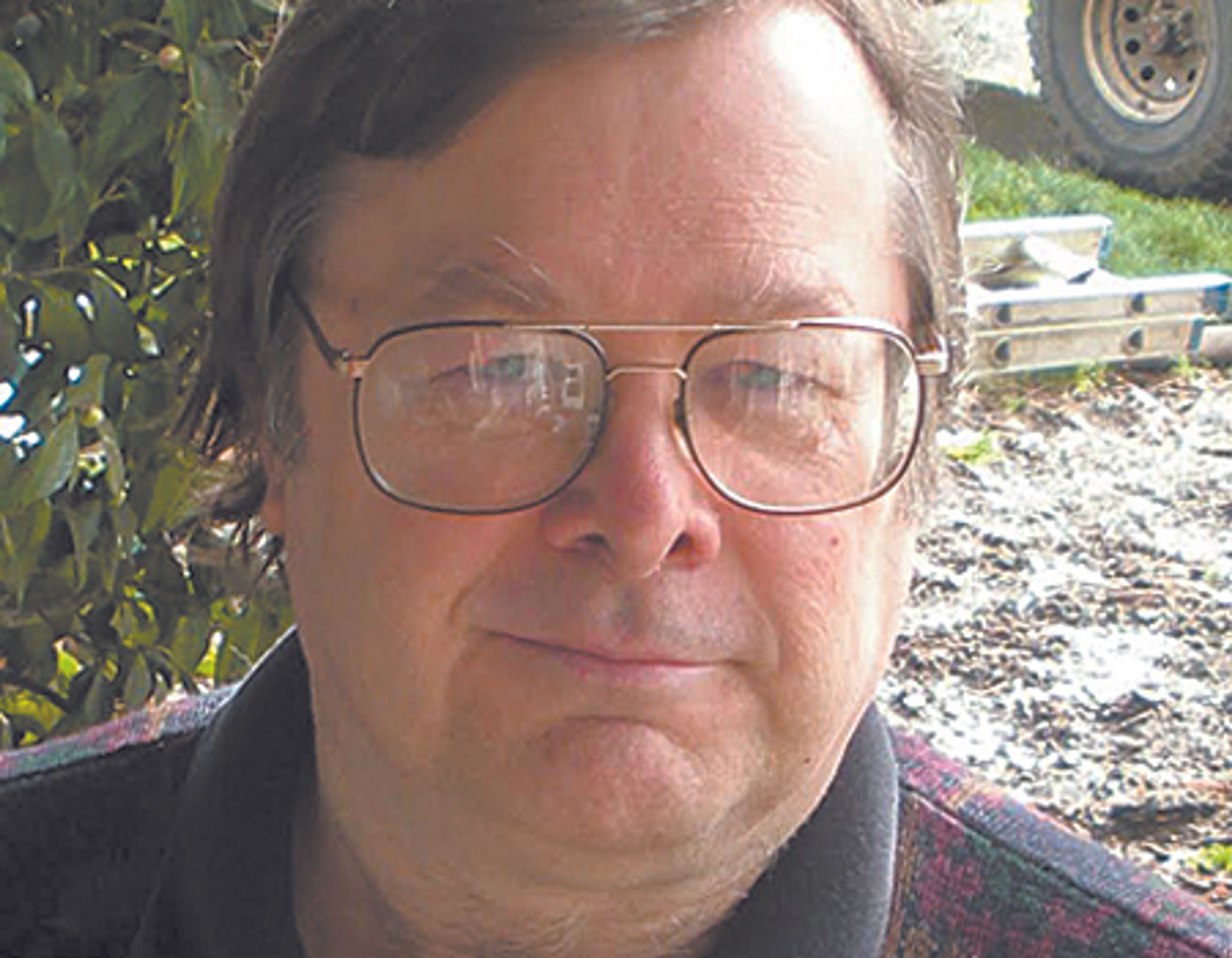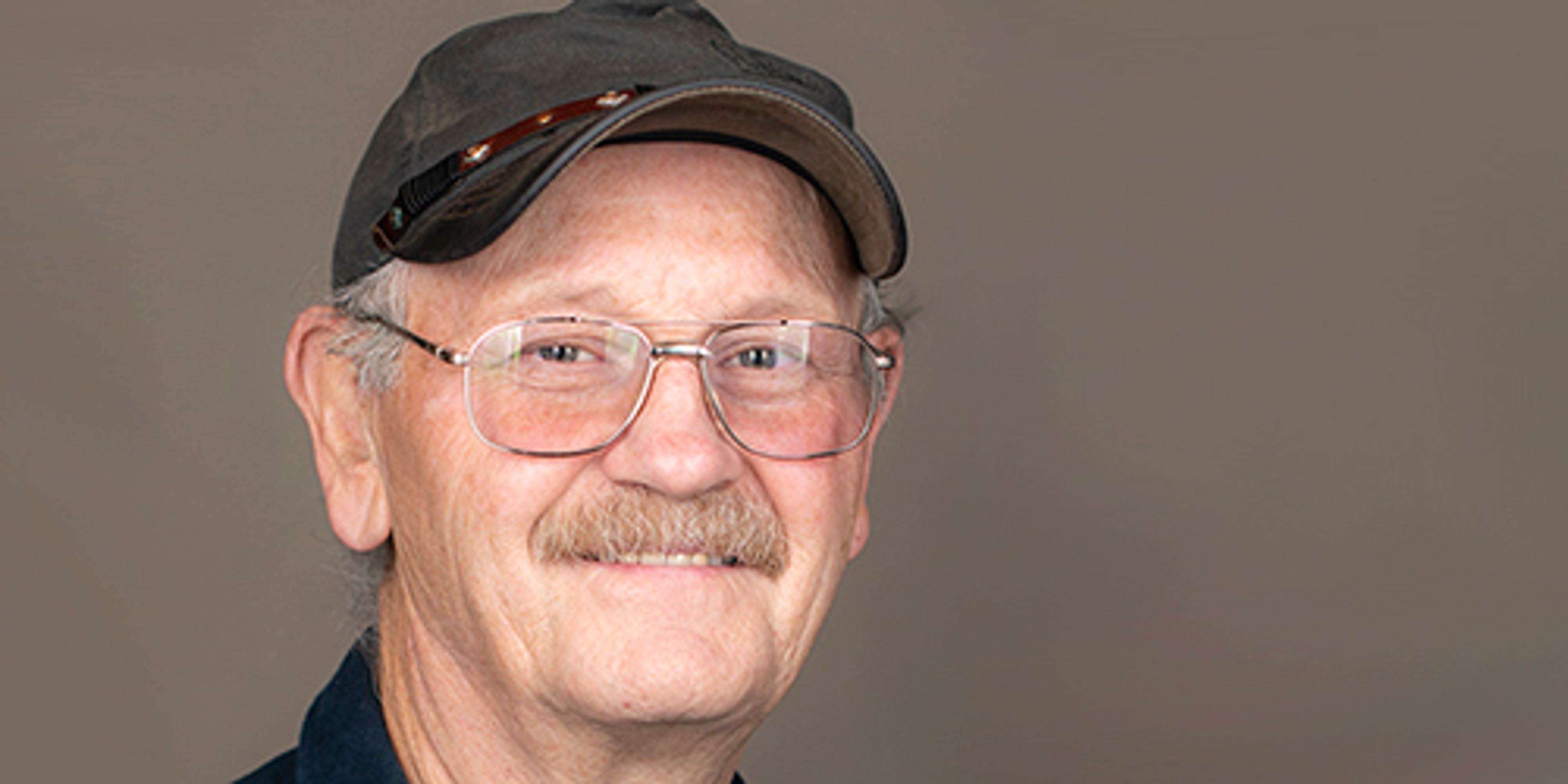OPINION: Ranked choice voting passage would be truly rank for Idaho
If put in place, new system would be a burden on state's election integrity and transparency
Ranked choice voting is aptly named. It is a system for determining the winning candidate or candidates in a primary or general election that stinks to high heaven.
The proponents of ranked choice have included it as part of Proposition 1, the Open Primaries Initiative, that will be voted on in the 2024 Idaho general election. They are asking Idaho voters to change the current method of selecting and determining a winning candidate, a method that anyone can understand and verify, for one that requires a multiple choice of candidates and a computer algorithm to determine the eventual winner. They’re telling you that changing over to ranked choice voting won’t be that expensive and that the software required to do so is available out there somewhere. The reality of the change, though, is a bit more complicated and costly than what they’re claiming. So let’s take a look at what they aren’t telling you.
In Idaho, the clerks are the county officials responsible for running and verifying an election in conformance with Idaho election law. To get the information for this column, I visited with the clerks in Benewah, Latah, Clearwater, Nez Perce and Lewis counties as well as a deputy clerk in Idaho County. Additionally, I spoke with seven other county election officials throughout the state to ask about their ballot counting systems. The county clerks, as an association, voted to take no position for or against Proposition 1. I did not ask any of them for their personal opinion of the initiative.
Currently, you take your paper ballot into the voting booth and mark your choices for one candidate in each race. When you’re finished, you then deposit the ballot into a ballot box or tabulating machine. Once the polls close, the ballots are scanned or counted, and the candidate with the highest number of votes in each race is declared the winner. If there is a dispute over the final tally, or if the race is particularly close, the ballots can be recounted by hand and anyone who can count as high as 1 can tabulate the results and determine the winner in a race.
As worded on the 2024 election ballot: Under the ranked-choice voting system, voters rank the candidates on the ballot in order of preference, but they need not rank every candidate. The votes are counted in successive rounds and the candidate receiving the fewest votes in each round is eliminated. A vote for an eliminated candidate will transfer to the voter’s next-highest-ranked active candidate. The candidate with the most votes in the final round wins.
Having worked as an election poll worker, I know firsthand how secure the election process here in Idaho is.
Idaho election law, 34-2410 (3) states: “No vote tally system shall be connected to the internet at any time, and no vote tally system shall receive or transmit data through wireless communications.”
Under the current system, this means that when you deposit your completed ballot into a box or the tabulator at your polling place, your vote is secure. There is no way to manipulate or electronically change any vote that you’ve placed on your ballot. As Latah County Clerk Julie Fry explained, the tabulators at the polling place and courthouse are just that. They can scan a ballot and add the results but they do not have any capability or programming to be connected to the internet and they can’t be programmed to run the successive counts that ranked choice voting requires. To do that, you would need new machinery. She also explained that the tabulators are certified to be used in Idaho.
Secretary of State Phil McGrane, in his July 3 letter to the Legislative Council, discusses that in Idaho, two vote tabulation system vendors, Electronic Systems & Software and Hart InterCivic, are currently certified by the United States Electronic Assistance Commission for use in Idaho. While each vendor has indicated that its system could design and produce a ranked choice ballot layout, neither of their systems is currently capable of doing so. As McGrane points out, though, the software being touted by Proposition 1 advocates is not certified by the EAC and is not in the process of being certified. Idaho election law 34-2409 requires that any vote tally system be certified by the secretary of state and the EAC.
In Benewah, Clark, Custer and portions of Idaho counties, tabulators aren’t used at all. Those areas use paper ballots that are hand counted which, past the first round, does not lend itself to ranked choice voting.
There are 15 state legislative districts that cross multiple county lines. Some cross as many as five counties.
In our area, Legislative Districts 6 and 7 cover multiple county districts. Under the current system, county clerks can easily tabulate and submit the election results to the secretary of state’s office on election night. The results are quickly added together and the multiple county district winners are known within a few minutes. Ranked choice voting would require that the raw election data from each county be submitted to the secretary of state’s office, which would then run the multiple rounds necessary to determine the election winners. Those 15 districts involve 42 different counties. With that many counties and legislative races, ranked choice voting will change knowing the final results from a single night to a week.
There is a lot more to this subject that will have to be addressed in my Nov. 3 column.
For the time being, however, know this: Ranked choice voting is a poison pill within the Open Primaries Initiative. It will change our current system of voting from one that is highly secure and certified, one that uses existing tabulators, is easily understood and verified by anyone to a system that will require the purchase of new equipment across the state, involve computer algorithms, is currently uncertified and does not lend itself to post-election auditing.
If you wish to maintain the current high level of election integrity and transparency that Idaho enjoys, vote No on Proposition 1.
Hassoldt is a field forester who lives in Kendrick.
